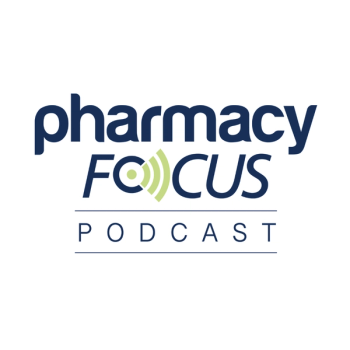
In this episode, Jill Simonian and Codi Peterson explore the evolving role of pharmacists in medical cannabis, addressing legal complexities, patient counseling, and key considerations for safe and effective use.

In this episode, Jill Simonian and Codi Peterson explore the evolving role of pharmacists in medical cannabis, addressing legal complexities, patient counseling, and key considerations for safe and effective use.

Health care professionals and patients must recognize that rapid administration of adrenaline is the only first-line treatment for anaphylaxis.

New drugs and collaborative care may be key to overcoming trial closures, weak guidelines, and inefficiencies.

If approved, gepotidacin (GSK) will be a new oral agent added to the treatment paradigm for urinary tract infections (UTIs).


Pharmacists play a crucial role in understanding and responding to these developments, ensuring patients remain informed about the latest advancements and potential threats.

Radon exposure during pregnancy was significantly linked to increased odds of gestational diabetes.

Glecirasib is a potent oral inhibitor of KRASG12C.

At week 8, significantly more children, adolescents, and adults who applied 1.5% ruxolitinib cream versus vehicle achieved IGA treatment success.

Pharmacies could still experience localized availability issues for semaglutide despite its removal from the drug shortage list.
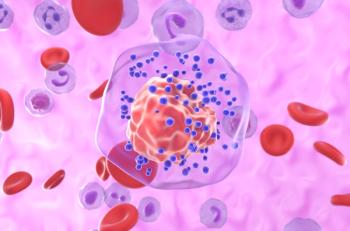
Sacituzumab govitecan improves outcomes but requires careful management of adverse effects.

SPI-1005, a novel anti-inflammatory compound, achieved coprimary end points for efficacy, including improvements in hearing loss and speech discrimination.

Officials urge vaccinations as mobile vaccine drives ramp up to contain the outbreak.

Compared with other indicators of cardiovascular risk, the ratio of non-high-density lipoprotein cholesterol (HDL-C) to normal HDL-C had a stronger association with the risk of hypertension and heart disease.

Even for patients with myelofibrosis who could otherwise proceed directly to hematopoietic cell transplantation, pre-transplant treatment with ruxolitinib led to improved survival benefits.
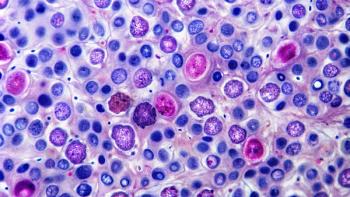
This CAR T-cell therapy has revolutionized the management of high-risk and relapsed or refractory disease.

Pharmacists must consider drug Interactions, allergies, and comorbidities when treating patients with urinary tract infections (UTIs).

When educating patients, emphasize the importance of buying drugs from only licensed pharmacies.

Fred Saad, MD, discussed findings from the phase 3 ARANOTE and ARASENS trials.
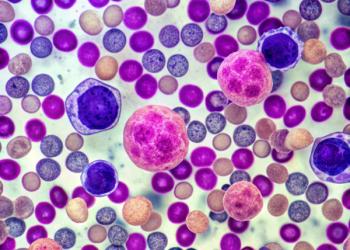
Risk stratification remains a challenge when selecting patients for treatment of smoldering multiple myeloma.

The newly-approved intrauterine device (IUD) prevents pregnancy in people of reproductive potential for up to 3 years.

Clinical pharmacists can optimize treatment through effective medication management and therapeutic drug monitoring.
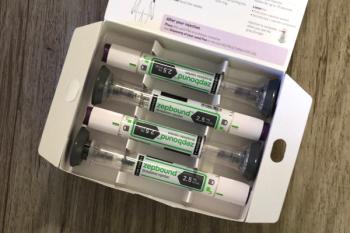
New options for tirzepatide provide a transparent, out-of-pocket choice for patients by streamlining the supply chain and bypassing insurance.

Although tenofovir amibufenamide and tenofovir disoproxil fumarate (TDF) had similar effects, the former resulted in better renal safety and did not impact lipid levels.

Research has demonstrated a reduction in hospitalization risk associated with the use of LAIs, but some barriers can prevent the wider adoption of this approach.

Pembrolizumab is a humanized monoclonal antibody that targets PD-1.

The ongoing "quad-demic" of influenza, norovirus, RSV, and COVID is creating heightened health risks, making prevention through hygiene, masking, and vaccination critical.

Intravenous immunoglobulin therapy for patients with CIDP requires navigating insurance coverage and prolonged therapy.
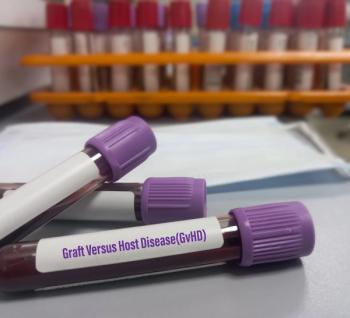
Pharmacists play a crucial role in medication management for these complex patients.
